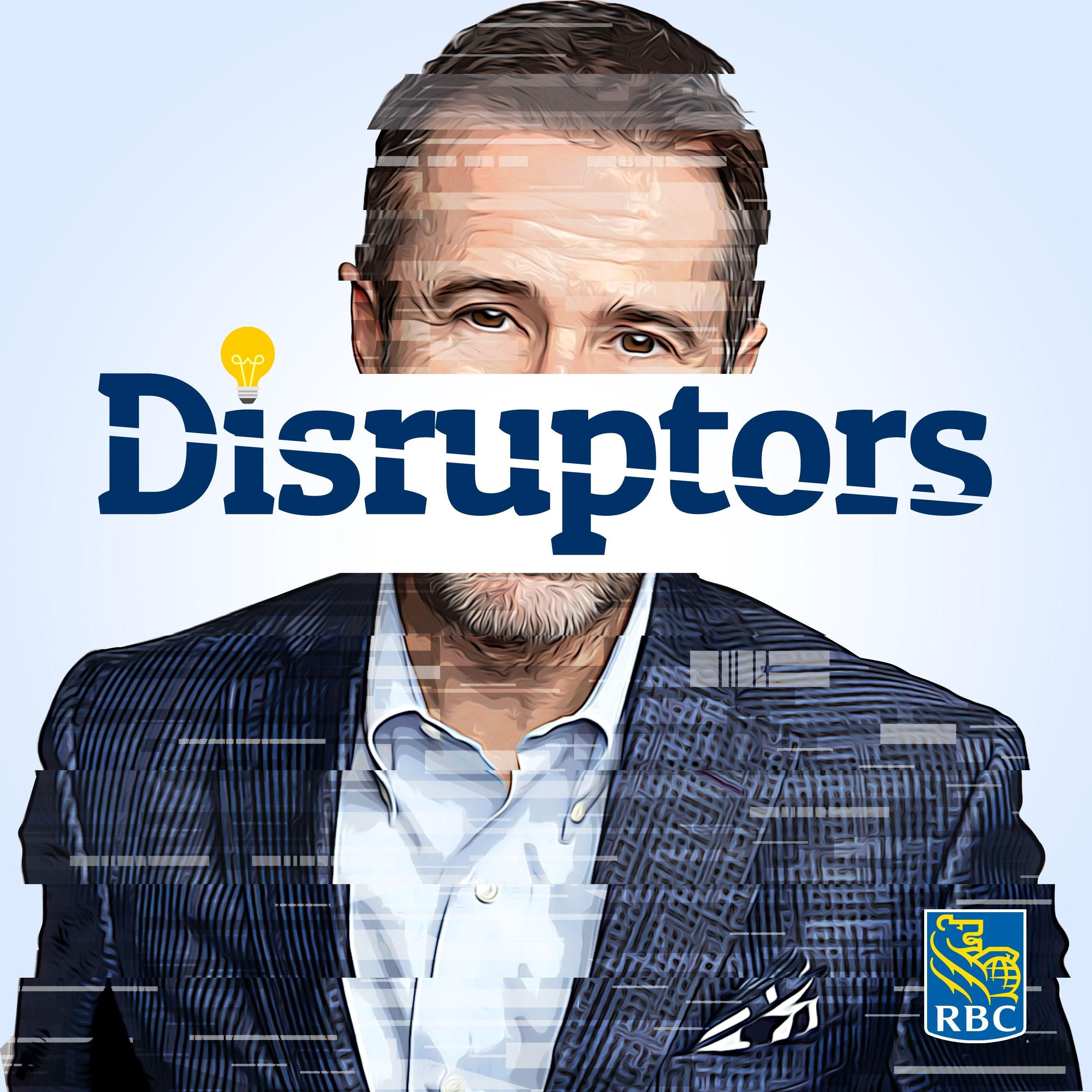- After-Shows
- Alternative
- Animals
- Animation
- Arts
- Astronomy
- Automotive
- Aviation
- Baseball
- Basketball
- Beauty
- Books
- Buddhism
- Business
- Careers
- Chemistry
- Christianity
- Climate
- Comedy
- Commentary
- Courses
- Crafts
- Cricket
- Cryptocurrency
- Culture
- Daily
- Design
- Documentary
- Drama
- Earth
- Education
- Entertainment
- Entrepreneurship
- Family
- Fantasy
- Fashion
- Fiction
- Film
- Fitness
- Food
- Football
- Games
- Garden
- Golf
- Government
- Health
- Hinduism
- History
- Hobbies
- Hockey
- Home
- How-To
- Improv
- Interviews
- Investing
- Islam
- Journals
- Judaism
- Kids
- Language
- Learning
- Leisure
- Life
- Management
- Manga
- Marketing
- Mathematics
- Medicine
- Mental
- Music
- Natural
- Nature
- News
- Non-Profit
- Nutrition
- Parenting
- Performing
- Personal
- Pets
- Philosophy
- Physics
- Places
- Politics
- Relationships
- Religion
- Reviews
- Role-Playing
- Rugby
- Running
- Science
- Self-Improvement
- Sexuality
- Soccer
- Social
- Society
- Spirituality
- Sports
- Stand-Up
- Stories
- Swimming
- TV
- Tabletop
- Technology
- Tennis
- Travel
- True Crime
- Episode-Games
- Visual
- Volleyball
- Weather
- Wilderness
- Wrestling
- Other
The Growing Challenge Part 2: Beef, biogas, dairy, and data.
When people are asked to name the most innovative industries in North America, Canada’s beef and dairy sectors probably aren’t the first ones to come to mind. But it turns out the agrifood business in our country has been undergoing a rapid and dramatic evolution for a number of years now -- and it’s going to need to keep on innovating if it’s going to meet one of the most pressing challenges of our time; climate change. Because while the beef and dairy industries contribute more than $40 billion to the economy, they’re also a key source of one of the most potent greenhouse gases; methane. So which new technologies, data systems, and processes will be critical if Canada is going to meet the needs of a growing population while simultaneously reducing emissions? That’s the central question at the heart of this second episode in a special, three-part series, “The Growing Challenge”, this fall on Disruptors, an RBC podcast. Join co-hosts John Stackhouse and Trinh Theresa Do as they share first-hand insights from their own experiences, and speak with guests working up and down the beef and dairy supply chain, like Dr. Calvin Booker, a veterinarian and General Manager for Services and Research at Telus Agriculture and Consumer Goods; Alison Sunstrum, the CEO of CNSRV-X Inc and General Partner of The51 Food and AgTech Fund; and John van Logtenstein, the vice-president of Dairy Lane Systems and DLS Biogas, and Kristjan Hebert, managing partner of Hebert Grain Ventures.Together, they discuss the skills, talent, technology, and innovation that are needed to maximize production while minimizing our environmental impact — and make Canada a world leader in sustainable agriculture without compromising on its net-zero goals. You can learn more about Telus Agriculture and Consumer Goods and its commitment to a sustainable value chain here. CNSRV-X is working on advanced technology solutions for agriculture and carbon markets—read all about it on their website. Follow this link to explore the work of The51 Food and Agtech fund, and these two to read up on the people and processes at Dairy Lane Systems and DLS Biogas. And Kristjan Hebert has his own website, as does his company, Hebert Grain Ventures.

